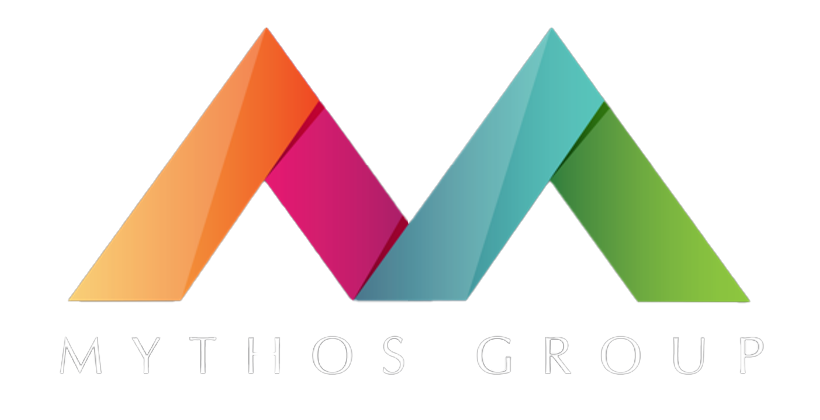What Makes A Good Leader And Can It Be Learned
The age-old question of whether leadership can be learned has sparked many debates among business professionals and researchers. While some argue that leadership is an innate skill, others believe that leadership skills can be developed over time with practice, patience, and dedication. At Mythos Group, we’ve worked with many leaders from diverse backgrounds and industries, and our experience suggests that the answer lies somewhere in between.
The Myth Of The Extroverted Leader
When we think of leaders, we often imagine outgoing, charismatic individuals who thrive in the spotlight. And it’s true that extroverts often possess natural strengths that can make them effective leaders. They tend to be comfortable with public speaking, skilled at building relationships and networking, and able to energize and mobilize their teams. So, there’s a lot that can be argued for why leadership comes more naturally to extroverts.
However, this has led many to assume that extroversion is a prerequisite for leadership success. Introverts, who are often overlooked, may be more inclined to listen, reflect, and think deeply, leading to innovative ideas and thoughtful decision-making. In fact, some of the most successful leaders of our time are self-described introverts. Bill Gates, Mark Zuckerberg, and Warren Buffett are just a few examples of introverts who have achieved incredible success despite (or perhaps because of) their introverted nature. These individuals prove that introverts can be just as effective, if not more so, in leadership roles.
So, What Does It Take To Become A Good Leader?
Let’s clarify what we define as a good leader. A good leader is often defined as someone who has led their company to sustainable revenue growth. Others might say it’s someone who leads by example, is an executor as much as a decision-maker, and/or prioritizes their team’s success and wellbeing above all else. For our purposes, we define a strong leader as a combination of the above; someone who drives long-term, positive impact for their team, organization and customers.
The good news is that leadership can be learned and developed over time. Anyone can become a more effective leader, by recognizing areas for improvement and working to develop a unique blend of skills and traits, starting with:
- The ability to see the bigger picture, while still respecting the importance of details
- A strong sense of ambition, balanced with empathy and emotional intelligence
- A deep understanding of people, combined with a drive to motivate and inspire
- The capacity to communicate effectively, both verbally and non-verbally, as well as the capacity to listen
- A willingness to learn, adapt, and evolve in response to changing circumstances
Personality Tests In Practice
For nearly a century, personality tests, based on Swiss psychologist Carl Jung’s research, have helped teams and organizations understand individual differences and foster collaboration. The Insights Discovery color codes and Myers-Briggs 16 personalities, for instance, are built on Jung’s core theory that celebrating our unique differences can lead to stronger, more well-rounded teams.
However, it’s essential to avoid misinterpreting these tests to identify the “best” leaders. For example, some might assume that with regards to the color code test, individuals with strong “red” traits (determination, competitiveness, and risk-taking) make the best leaders. However, we believe that effective leaders possess a balanced blend of all four-color profiles or, alternatively, cultivate and empower teams with diverse strengths across all four colors.
Ultimately, anyone can learn to be a good leader, starting with awareness of their strengths and weaknesses and acknowledging what skills are required to lead their team and organization to success. At Mythos Group, we offer structured leadership development programs, so anyone can unlock their full potential, drive business results, and create a more sustainable and successful organization.







